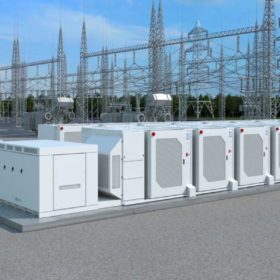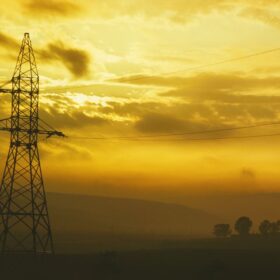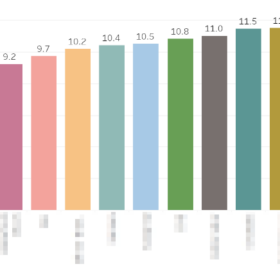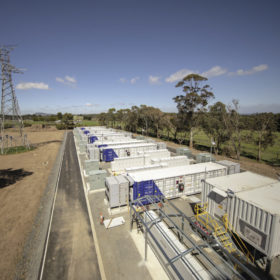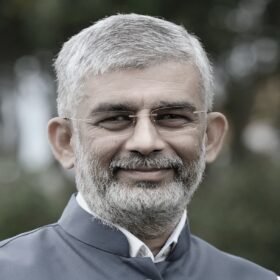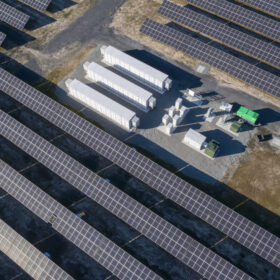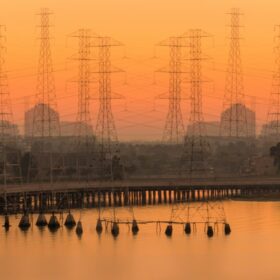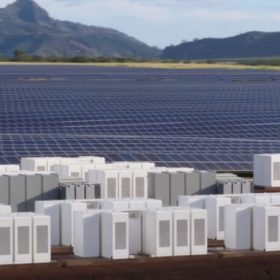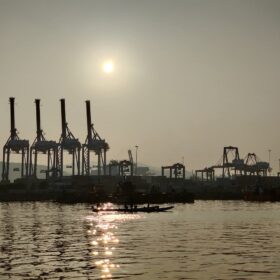SECI launches 2 GW solar, storage tender
Solar Energy Corp. of India (SECI) is accepting bids to set up 2 GW of solar PV power projects with 1 GW/4 GWh energy storage systems on a build-own-operate basis. The projects can be located anywhere in India and must connect to the interstate transmission system. Bidding closes on Sept. 2.
Can the grid cope with the surge in electricity demand?
The grid needs to modernize to meet a booming demand for electricity, which is only predicted to grow even further in coming years. IEC Standards are key to help with the transition.
Data reveals dominant players in Australian battery market
Analysis by solar and storage market consultancy SunWiz has identified the most popular brand of battery energy storage systems in the Australian market with Chinese manufacturers leading the way.
India can leverage its solar and storage edge to avoid power shortages
Large-scale solar + storage deployment is the main option left to avoid power shortages, as they can be deployed much faster than new thermal and hydro assets. Recent gigawatt-scale solar + storage auction results, with a record low price of INR 3.4/kWh, show that such deployment will be highly economical, says a new study from the University of California’s India Energy and Climate Center.
Ensuring sustainability in solar and battery storage supply chain
Geneva-headquartered dss+, a spin off from DuPont, helps industries switch to sustainable and resilient operations. It serves power and utilities, oil and gas, metals and mining, among other industries.
With a strong presence in India alongside leading industry players, dss+ has been instrumental in shaping the region’s energy landscape. Srinivasan Ramabhadran, managing director, APAC, dss+, speaks to pv magazine about balancing efficiency, cost, and environmental impact in solar and battery storage manufacturing.
SJVN increases renewables-plus-storage tender capacity to 2.4 GW
SJVN has invited bids from renewable energy developers to supply 1.2 GW of firm and dispatchable power from RE projects with energy storage system, with greenshoe option of additional capacity up to 1.2 GW.
Reactive power management key to advancing grid stability
In its latest monthly column for pv magazine, IEA-PVPS provides a comprehensive overview of the state-of-the-art practices, best practices, and recommendations for managing reactive power amidst the growing integration of distributed energy resources (DERs). The article describes the regulatory frameworks and practical applications, underscoring the essential role of reactive power management in maintaining a stable and efficient power grid.
How renewable energy is leading the fight for nature conservation
Even though fossil fuels still dominate global energy production at present, the movement for a changeover to cleaner forms of energy is building up. Renewables presently provide some 29 percent of all electricity generated; a figure bound to enormously rise in the next few years.
SECI allocates 630 MW renewables-plus-storage at average price of $0.059 /kWh
The winning developers will set up renewable energy projects backed with energy storage system to supply a cumulative 630 MW of firm and dispatchable renewable power in a demand-following manner.
Sterling and Wilson Renewable wins 1 GWh battery storage, 20 MW floating solar projects
Sterling and Wilson Renewable Energy Ltd has secured the EPC contracts for a 1 GWh standalone battery energy storage project in Rajasthan and a 20 MW floating solar plant in Karnataka.
